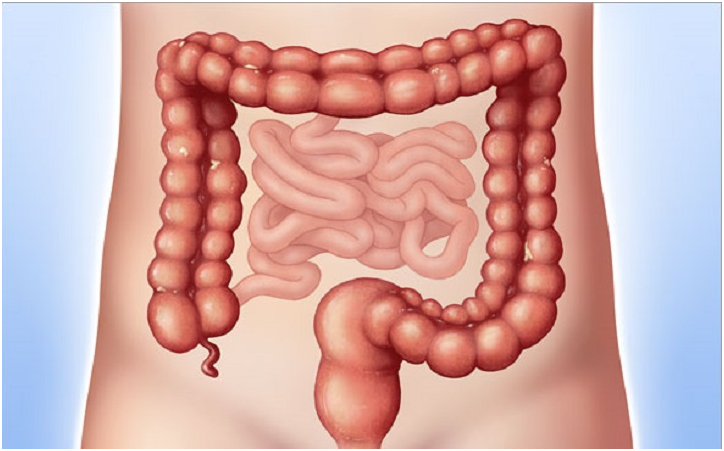Share

CANCER OF THE COLON AND RECTUM
By Victoria Healthcare 12 April 2019

The colon is also called the large bowel or large intestine. It is the lower 5 to 6 feet of the digestive system. The last 8 to 10 inches of the colon is the rectum. Colon cancer, sometimes called colorectal cancer, is cancer that starts in the large intestine or rectum.
Cancer cells are abnormal cells. Cancer cells grow and divide more quickly than healthy cells. Some cancer cells may form growths called tumors. All tumors increase in size, but some tumors grow quickly, others slowly. Some cancer cells spread to other parts of the body through the blood and lymph systems.
Signs
Cancer of the colon and rectum often has no signs. See your doctor if you have any of these signs:
• Dark or bright red blood in or on the stool
• Diarrhea or constipation that does not go away or other change in bowel habits
• Pain in the lower abdomen
• Loss of weight for no reason
• Feel tired or lack energy
• Stools are more narrow than usual formore than a few days. This may be from a tumor in the rectum.
Types of Tumors
Tumors found in the colon or rectum can be benign or malignant.
• Benign tumors do not spread to other parts of the body. They can be removed by surgery. Cysts are benign tumors that contain fluid.
• Malignant tumors may grow into the nearby tissues, organs or blood.
Your Care
Tests
If your doctor thinks you may be at risk for cancer, you may have some of these tests:
• Physical exam with a rectal exam where the doctor inserts a lubricated gloved finger into the rectum to feel for lumps.
• Sigmoidoscopy where a thin, flexible tube is put into the rectum to let the doctor see inside the lower part of the colon.
• Colonoscopy where a thin, flexible tube is put into the rectum to let the doctor see the entire length of the colon.
• Samples of tissue are removed for testing, called a biopsy.
• Barium enema where liquid barium and air is put into the rectum to see the colon on x-ray.
• Blood tests to check blood loss and how well the liver is working.
Source: Healthinfotranslations.org


